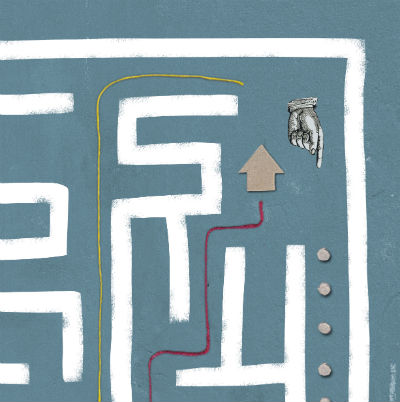Submitted by jhortolani on
This report is part of CRIN's access to justice for children project, looking at the status of the Convention on the Rights of the Child (CRC) in national law, the status of children involved in legal proceedings, the legal means to challenge violations of children’s rights and the practical considerations involved in challenging violations.
Malawi has ratified the CRC and the Convention takes precedence over national law, apart from the Constitution. It is directly applicable in the national courts, although it has not been fully incorporated into the national legal system. The courts have broad powers to hear legal challenges by children which must be brought through a guardian or “next friend”, including judicial review claims, and complaints can also be lodged with the Office of the Ombudsman and the Human Rights Commission. Many challenges to children accessing justice in Malawi still exist. There is, for example, some unclarity in the laws of the country as to the age of majority and the definition of a child. In addition, Malawi does technically have a legal aid programme under which children and their representatives can apply for free legal assistance, but there are issues with its implementation in practice. National law also does not allow for challenges by NGOs, and there is a significant backlog of cases in the courts. Most Malawians cannot access the formal state mechanisms for resolving civil disputes and non-state institutions and processes are widely used, such as traditional family counsellors, traditional leaders, or religious leaders. After national remedies have been exhausted, complaints can be lodged with the African Committee of Experts on the Rights and Welfare of the Child, the African Commission and the African Court on Human and Peoples’ Rights.

